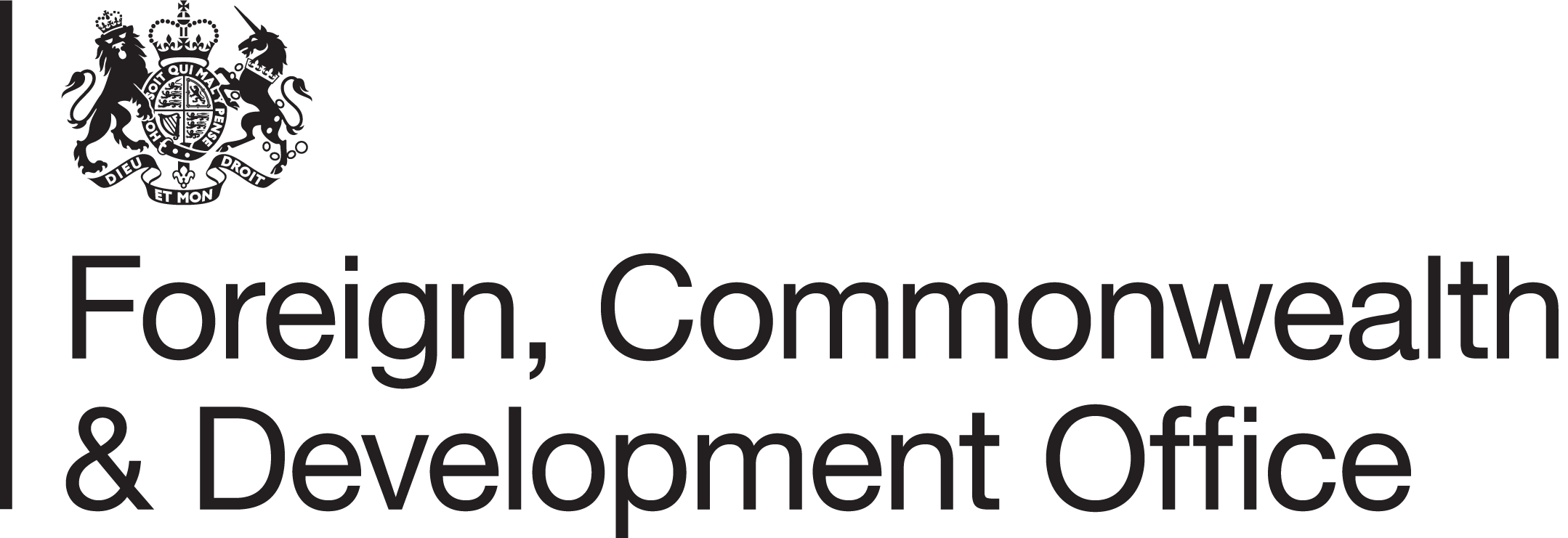High level panel on humanitarian cash transfers
The world faces many humanitarian challenges, from conflict-related crises in Syria, the Central African Republic and South Sudan, to recent natural disasters, notably Typhoon Haiyan in the Philippines. International, local and national humanitarian actors are working to meet the needs of vulnerable populations, support disaster preparedness and undertake advocacy. Many feel the international humanitarian system is overstretched and unable to respond effectively to multiple crises. Trends and challenges like climate change suggest that the humanitarian ‘caseload’ will only increase.
It is crucial to identify better ways to help people affected by emergencies. Cash transfers – giving people money instead of or in addition to in-kind aid like food – are playing an increasing role within the toolbox of humanitarian aid. They may provide one of the better ways of working needed to respond to these challenges. Over the last decade, research and programming have shown that cash transfers are an effective form of humanitarian aid, in the right context. Cash transfers allow people to buy the goods and services they need through local markets. Expanding digital payment systems increases the potential to reach people quickly. Aid agencies and governments are investing in cash transfers in humanitarian emergencies, but in-kind aid still dominates humanitarian response, and there are concerns that cash transfers are underutilised.
Cash transfers are not always the best way to meet humanitarian needs. Nevertheless, the international humanitarian system and the actors that comprise it should have the capacity and incentive to provide cash transfers and in the most effective and efficient way. Cash transfers challenge the ‘business model’ of humanitarian aid – the way that such aid traditionally has been funded, delivered and organised. The scaling up of cash transfers in particular could have transformative implications for humanitarian action and the humanitarian system.
In the coming months, a High Level Panel on Humanitarian Cash Transfers, made up of global thinkers from the humanitarian, development, financial, business, academic and technological sectors, will explore what the implications of scaling up cash are, and what this could mean for the roles and responsibilities of national actors, the private sector and international humanitarian organisations. The Panel will be chaired by Owen Barder, Director for Europe and Senior Fellow of the Center for Global Development.
The Panel process
The Panel will run until August 2015. It will be supported by a Secretariat based at the Overseas Development Institute led by Wendy Fenton and comprised of global experts on cash transfer programming. The Panel Secretariat will consult widely to gather and reflect the views of individuals and organisations involved in cash-based humanitarian responses and other stakeholders. A final report outlining findings and recommendations will be published in August.
Who’s on the Panel?
Owen Barder (Chair), Senior Fellow and Director for Europe, Center for Global Development
Chris Blattman, Associate Professor at Columbia University in the School of International and Public Affairs and the department of Political Science
Lindy Cameron, Director Middle East, Humanitarian and Conflict Department for International Development (DFID)
Mohamed Elmi, MP for Tarbaj Constituency
Jan Egeland, Secretary General, Norwegian Refugee Council
Michael Faye, CEO and co-founder, Segovia Technology, and co-founder and Executive Chairman, GiveDirectly
Jacquelline Fuller, Director, Google.org
Marcia Lopes, Consultant
James Mwangi, Chief Executive Officer and Managing Director, Equity Bank, Kenya
Tara Nathan, Executive Director, Public Private Partnerships, Mastercard
Andrew Natsios, Director, Scowcroft Institute of International Affairs and Executive Professor
- Toby Porter, Chief Executive Officer, HelpAge International
Claus Sorensen, Director General, European Commission's Directorate-General for Humanitarian Aid and Civil Protection (ECHO)
Jane Waterman, Senior Vice President, Europe, International Rescue Committee
Lauren Woodman, Chief Executive Officer, Nethope
How to get involved
As part of the consultation process, we welcome your comments, blogs and any relevant research. To get in touch about submitting materials or participating in consultations, please email [email protected].
Join the conversation on Twitter: #cashpanel.
Staff
-
Wendy Fenton
Senior Research Fellow and HPN Coordinator
-
Rachel Slater
SLRC Project Research Director/Research Fellow Social Protection
-
Paul Harvey
Research Associate
-
Maryam Mohsin
Communications Officer
-
Fiona Lamont
Project Officer
